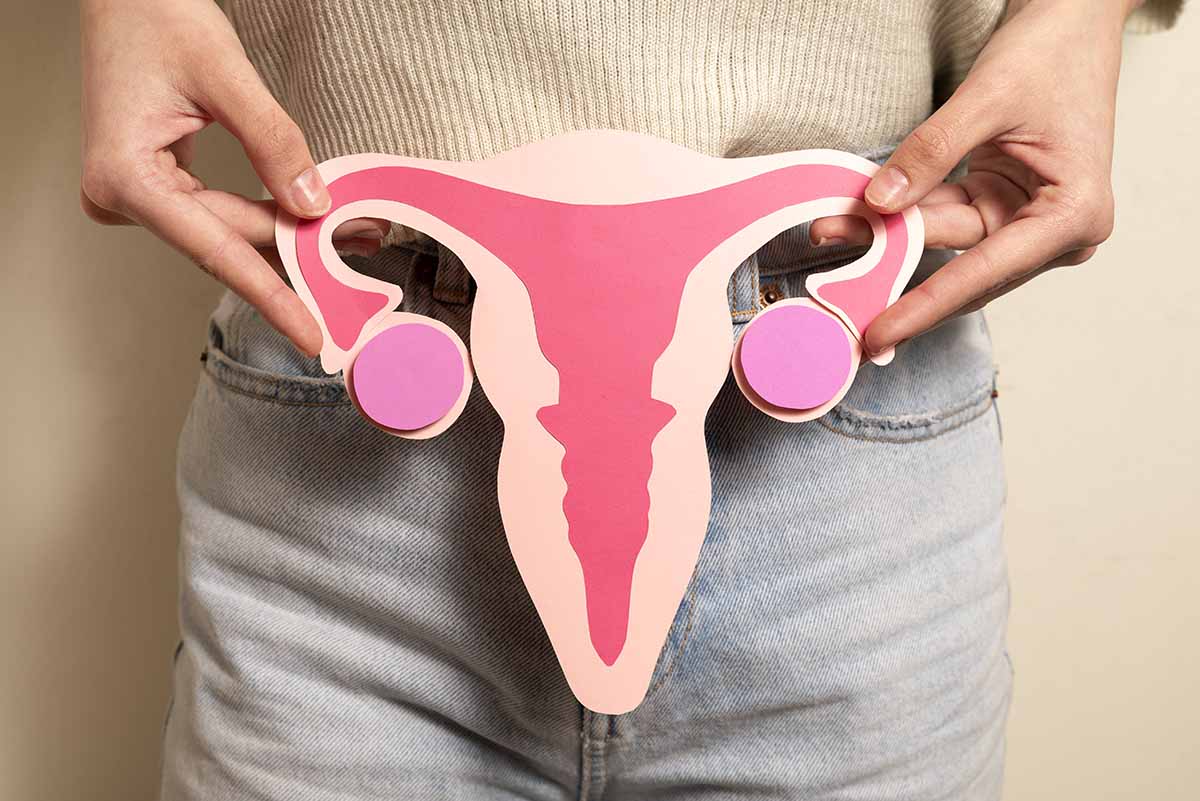
Pelvic Health Matters Signs You Shouldn’t Ignore
Pelvic health is a crucial yet frequently overlooked component of overall well-being, especially for women. The pelvic region supports key organs like the bladder, uterus, and intestines, and when these organs are affected, it can greatly disrupt daily life. Pelvic health problems often present themselves in different forms, but they are commonly dismissed as minor, short-term discomfort. Recognizing the signs of pelvic health issues early on can lead to timely intervention, preventing more severe complications in the future.
Here are 7 key signs of pelvic health problems you shouldn’t ignore.
1. Chronic Pelvic Pain
Persistent pain in the lower abdomen or pelvic region is a red flag. While menstrual cramps or occasional discomfort are normal, chronic pelvic pain lasting more than six months is not. This pain may be sharp, dull, or throbbing and can interfere with daily activities. Common causes of chronic pelvic pain include endometriosis, pelvic inflammatory disease (PID), or fibroids. Ignoring these symptoms may lead to worsening conditions that can affect fertility, sexual health, and overall well-being.
2. Urinary Issues
Frequent urination, urgency, or difficulty emptying your bladder are signs that something may be wrong with your pelvic health. These symptoms could point to a urinary tract infection (UTI), interstitial cystitis, or even pelvic floor dysfunction. Additionally, urinary incontinence, or the inability to control urine leakage, is a sign of weakened pelvic muscles. This is often seen in women post-pregnancy or as they age, but it’s not something to accept as a normal part of life. Early intervention, such as pelvic floor exercises or physical therapy, can make a significant difference.
3. Painful Intercourse
Experiencing pain during or after sexual intercourse, known as dyspareunia, is a common but often dismissed pelvic health issue. This pain can stem from conditions like vaginismus, vaginal dryness, endometriosis, or pelvic floor dysfunction. If you are consistently experiencing pain during intimacy, it’s crucial to seek medical advice. Painful intercourse can affect both physical and emotional well-being, leading to a strain on relationships and decreased quality of life. Treatments like physical therapy, hormone therapy, or medication can alleviate the pain and restore healthy sexual function.
4. Bowel Issues
Pelvic health also impacts bowel function. Signs like chronic constipation, fecal incontinence, or pain during bowel movements may indicate issues such as pelvic floor dysfunction, rectocele (a prolapsed rectum), or irritable bowel syndrome (IBS). Constipation or straining during bowel movements can place undue pressure on the pelvic organs, leading to further complications. Keeping track of bowel habits and seeking treatment when issues arise is critical to maintaining pelvic health.
5. Prolapse Symptoms
Pelvic organ prolapse occurs when one or more pelvic organs drop from their normal position due to weakened pelvic floor muscles. This condition often affects women after childbirth or menopause. Symptoms of prolapse include a feeling of heaviness or pressure in the pelvic area, a bulge in the vaginal area, or difficulty inserting tampons. Prolapse can worsen over time if left untreated, leading to further discomfort and problems with urination or bowel movements. Treatment options range from lifestyle changes and physical therapy to surgery, depending on the severity.
6. Unexplained Lower Back Pain
Lower back pain is often associated with issues in the spine, but it can also be a symptom of pelvic health problems. Conditions like pelvic inflammatory disease, endometriosis, or fibroids can cause referred pain in the lower back. If you experience lower back pain that doesn’t improve with traditional treatments or coincides with other pelvic symptoms, it’s worth exploring whether a pelvic issue may be the root cause.
7. Abnormal Bleeding
Irregular periods, spotting between cycles, or postmenopausal bleeding are all signs that should prompt immediate medical attention. While many cases of abnormal bleeding may be benign, such as hormonal imbalances or the onset of perimenopause, it can also be a sign of more serious conditions like uterine fibroids, polyps, or even cancer. Early detection and treatment are key to preventing the escalation of these conditions.
Take Action Today: The Importance of Pelvic Health
Neglecting pelvic health symptoms can lead to long-term consequences, including chronic pain and fertility problems. However, many pelvic health conditions are treatable, especially with early detection. Consulting a healthcare provider, such as The Best Gynecologist in Mumbai, can help you receive an accurate diagnosis and personalized treatment plan. In many cases, simple lifestyle changes, pelvic floor exercises, or physical therapy can effectively address the issue and restore well-being.
Preventive measures such as maintaining a healthy weight, engaging in regular pelvic floor exercises, and staying hydrated are essential to protecting pelvic health. Moreover, paying attention to your body and recognizing the early signs of pelvic dysfunction will allow you to seek help sooner and prevent long-term complications.
Your Body Is Talking: Listen Up
Pelvic health is essential to a woman’s overall well-being, and ignoring signs of dysfunction can lead to significant physical and emotional challenges. Whether it’s persistent pain, urinary concerns, or unexpected bleeding, these are signals from your body that shouldn’t be overlooked. Take the time to discuss these symptoms openly with your gynecologist, empowering yourself to manage your pelvic health for a healthier, happier future.